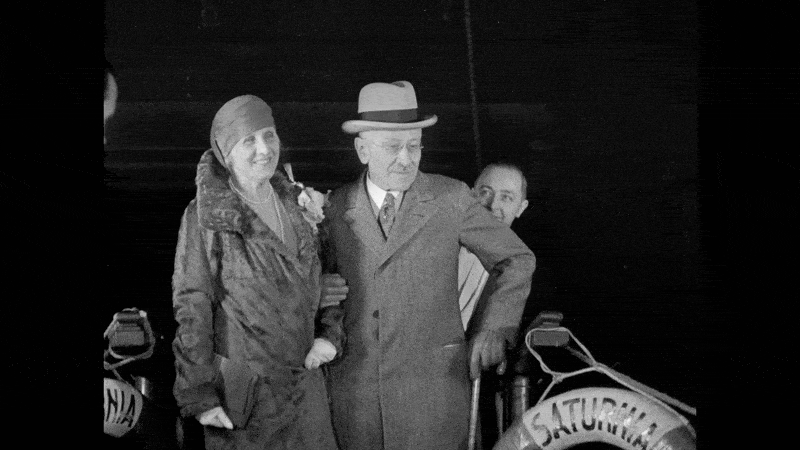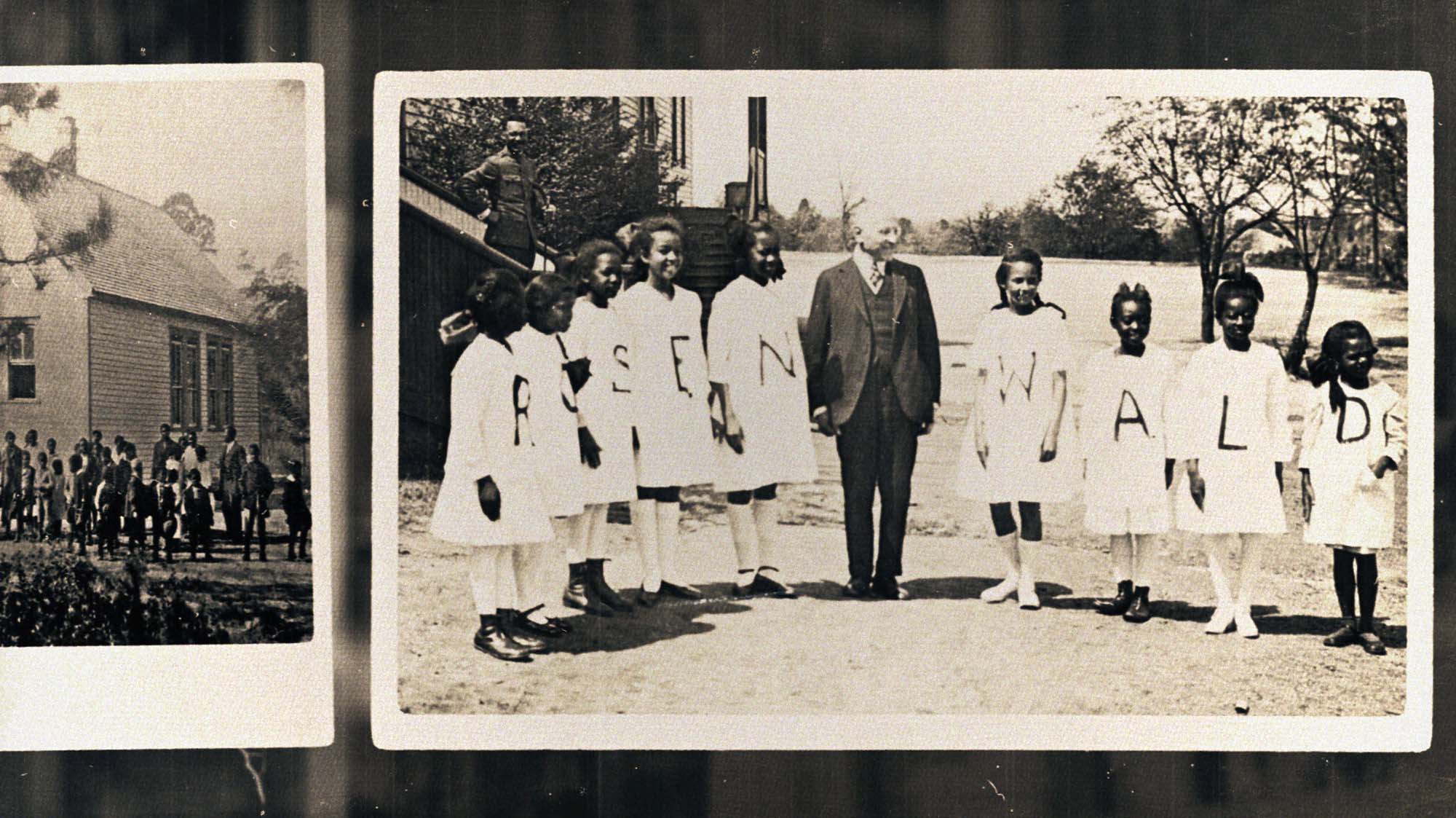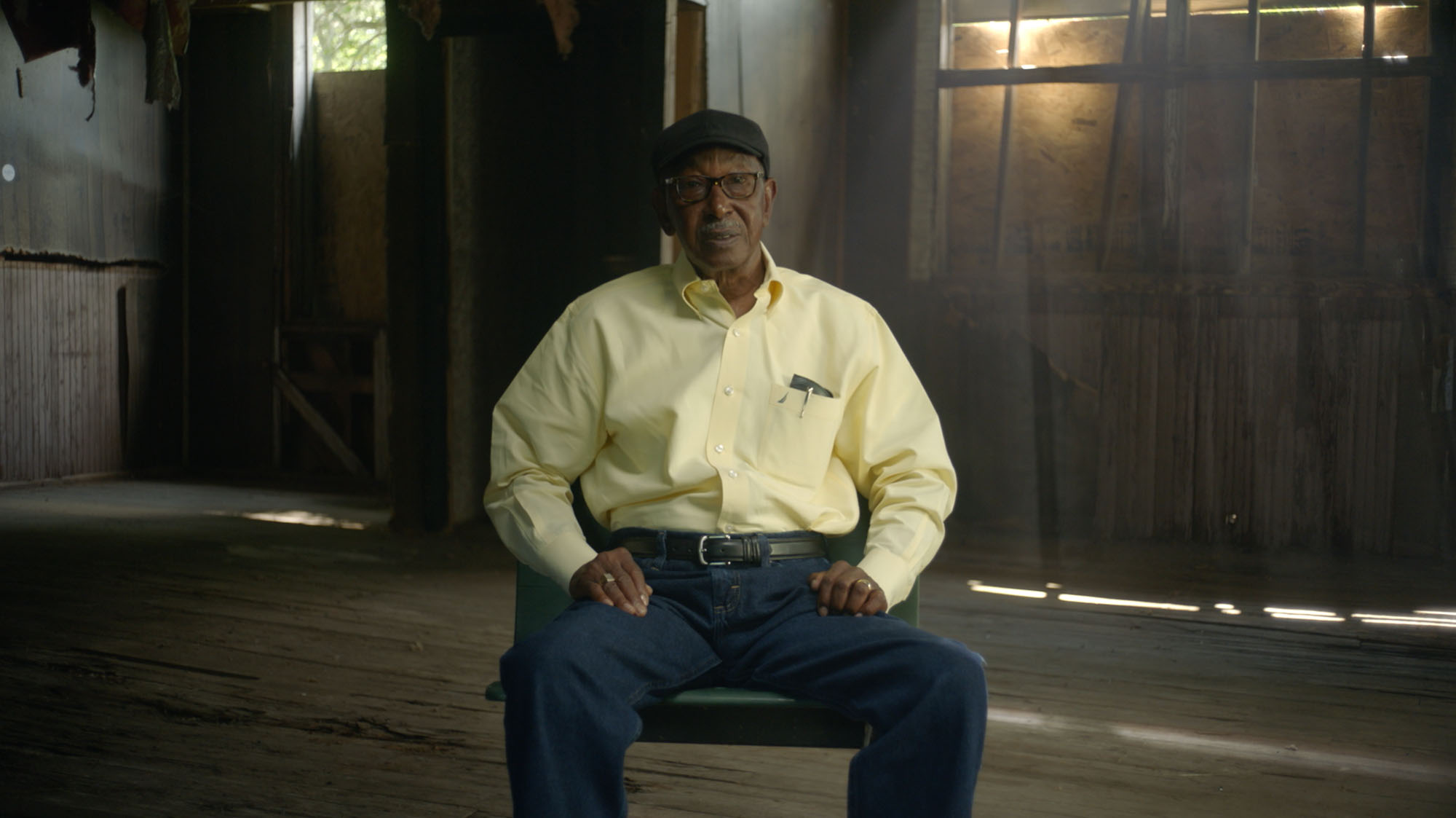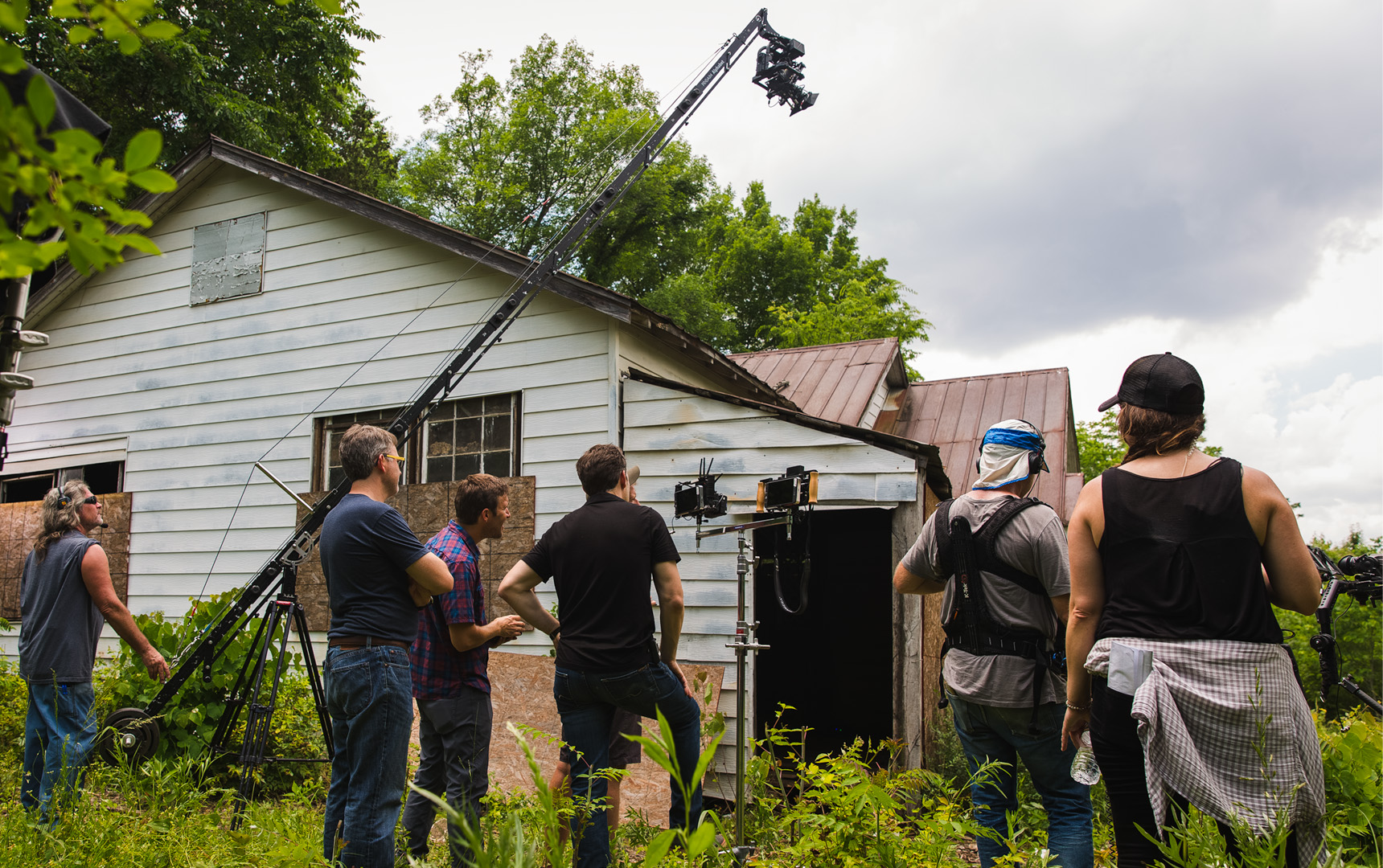The race to save a neglected national treasure
The race to save a neglected national treasure
Date
May 13, 2024
Category
In production
It doesn't look like much from the outside, but a 100-year old schoolhouse in Spring Hill, Tennessee, held a secret for decades about its historic origin. Hidden behind dense overgrowth along a rural two-lane road stands one of the last remaining Rosenwald schools, known to locals as Lee-Buckner, whose recent discovery ignited a movement to save it before it’s too late.
What’s a Rosenwald school?
You've probably never heard of Julius Rosenwald, and that's just the way he liked it. He never put his name on the schools he built for Black children during segregation, so many of them never heard of him, either. But Rosenwald, known to the world as the president of Sears & Roebuck, quietly paved a way for an entire generation of southern Blacks to receive an education.
Rosenwald eventually built 5,000 schools across the Southeast — 300 of them in Tennessee — and historians credit them for significantly closing the education gap between white and black students. For 23 years, these schools provided an education for over 600,000 Black students — among them, Maya Angelou and John Lewis.

Julius Rosenwald
After integration, however, most of these schools were shut down, the buildings repurposed, and largely forgotten. But over the years, as historians devoted more scholarship to African American history, the urgency to locate and restore these schoolhouses increased. Discovering a lost Rosenwald school these days is exceptionally rare. Williamson County in Tennessee, once home to four Rosenwald schools, today has just one: Lee-Buckner.

Rosenwald posing next to students at one of his schools
Why we’re telling the story
Stonecastle Pictures began filming in 2018 after the Heritage Foundation of Williamson County announced it was purchasing Lee-Buckner and planned to move and restore the schoolhouse to its original condition as a museum.
As we met and interviewed former students, now in their 80’s and 90’s, deeper themes began to emerge. It became less a story about the restoration of an historic school as one about the invisible role a long-forgotten benefactor played in breaking the cycle of poverty for hundreds of small communities.

Production still from our fundraising film for the Rosenwald project
Students at Lee-Buckner had never heard of Julius Rosenwald, but their parents — most of them sharecroppers — insisted on their attendance at the school. Today, they are college graduates, city councilmen, small business owners, and police officers.
Mid-way through filming, our team produced a work-in-progress video to aid the Heritage Foundation in its fundraising for the school’s restoration.
VIDEO: Rosenwald fundraising video
What’s next
In 2024, the Heritage Foundation finally transported the schoolhouse to its new location inside the city limits of Franklin, Tennessee. The restoration is set to begin in Spring 2025, with Lee-Buckner’s grand opening as a museum and education center slated for Spring 2026. We continue to document the story, so check our Instagram for behind-the-scenes photos from the production.
